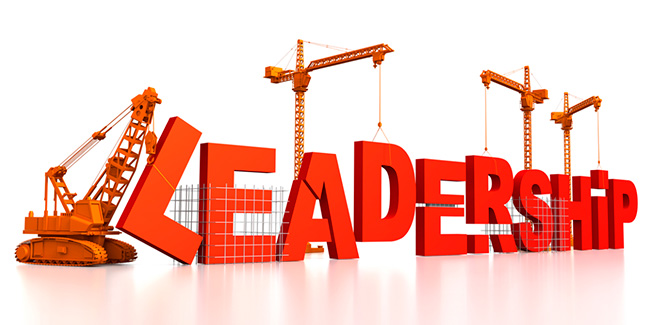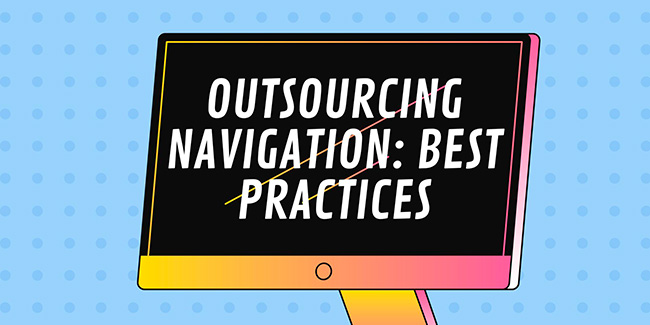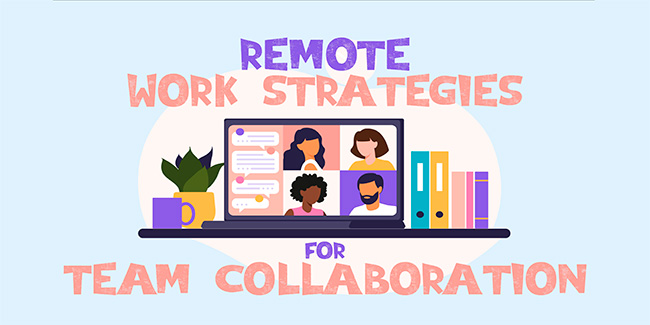

Key leadership skills you need to know in 2024


Leaving a mark with a leadership role is one thing; making a difference becomes possible only when one has acquired the basic skills of a leader. These skills are the ones that the recruiters look for in personnel and constitute the basis for promotion in the organizational hierarchy. There is no leadership without team building. A good leader inspires the team toward success and is better at handling change. He motivates his followers towards both personal and professional development. Business leaders of repute look for people high in leadership skills for various important assignments at executive levels.
1. Building Relationships
The key to a successful team is through strong relationships. Leaders who invest in creating real and trusting relationships with their workers raise the degree of engagement and productivity. When there is high employee engagement, quality defects are fewer, absenteeism goes down, and productivity goes up. Strong relationships promote collaboration and trust between people.
2. Agility and Adaptability
In an incredible and fast-changing business environment, an organization has to be agile and adaptable. Leaders should walk up and down internal and external changes easily and challenge their comfort zone all the time. Adopting lifelong learning also enables leaders to stay ahead of the industry’s shift in change and maintain a competitive advantage; hence, effective leaders quickly adapt strategies to respond to changes in technology and market needs.
3. Innovation and Creativity
Innovation and creativity will be the major drivers of success. Leaders who inspire creative thinking and the generation of new ideas in their groups encourage continuous improvement. This enables the organization to stay competitive and keep up with market shifts. Successful innovation begins with ideation, and leaders like Steve Jobs show how creative work can drive a company toward industry leadership.
4. Employee Motivation
Motivation is important in keeping workers at a high level of activity on the job. Effective leaders make sure that employees know their value to the organization. Boosting morale can significantly improve employee performance and reduce absenteeism. The performance and dedication to the job are much more enhanced if the employee is highly engaged and motivated in their line of duty.
5. Decision-Making
One of the prime ingredients in leadership is sound decision-making. Leaders have to be capable of making informed, balanced, and rational decisions that stay focused on organizational goals. This will mean that a leader has strong analytical skills and can adjust their decisions when necessary. Effective decision-making can drive an organization toward success by balancing conviction and flexibility.
6. Conflict Management
Any workplace is bound to have conflicts. Leaders are skilled at managing such conflicts before it gets out of hand. The skill keeps the work atmosphere pleasant and may at times improve the bonding of the people in the team if handled correctly. One must be good at spotting a conflict and resolving it amicably by talking it out and making rational decisions.
7. Negotiation
Negotiation skills are essential competencies a leader has to possess to win a situation for the organization. Effective negotiation is the key to developing strong relationships, finding permanent solutions, and realizing organizational goals and aspirations. Leaders apply negotiation to understanding and satisfying employees’ and stakeholders’ interests.
8. Critical Thinking
Critical thinking is the ability by which leaders can be able to look into complex situations and afterward develop the right decisions. This is the ability that involves the framing of problems, exploring solutions that can be implemented, and making a decision based on the use of logical reasoning. Critical thinkers are agile in negotiating challenges while looking for opportunities to improve.
Developing Leadership Skills
At Introduct, we believe that developing leadership is an intrinsic part of our larger aims: business innovation and process optimization. Consider the following methods to help develop these basic leadership skills:
- Coaching and Mentoring: Seek the advice of experienced leaders.
- Experience: Take on leadership whenever the opportunity arises, either at the workplace or outside.
- Courses and Training: Take up classes in leadership development.
- Continuous Learning: Keep current with the latest trends and best practices in leadership.
Developing these key skills of a leader, and looking for every opportunity to grow, will bring out the leader in you and make a difference in your organization. Introduct believes in empowering leaders so they can drive success and foster innovation within their teams.
More Articles

Outsourcing Navigation: Understanding and Best Practices Outsourcing Navigation: Understanding and Best Practices
It's not a secret that a bunch of people worldwide work online and remotely. So, due to this situation, companies began to seek for remote talent, shortly speaking outsourcing talents. Outsourcing is a great practice for companies, especially IT companies, like Introduct, which mainly outsource talents around the globe.

Remote work strategies for team collaboration in tech Remote work strategies for team collaboration in tech
In the past 5 years, remote work has become increasingly common among businesses worldwide. Particularly in the IT sector, remote work practices have surged, with many companies using this flexible practice for team collaboration.
